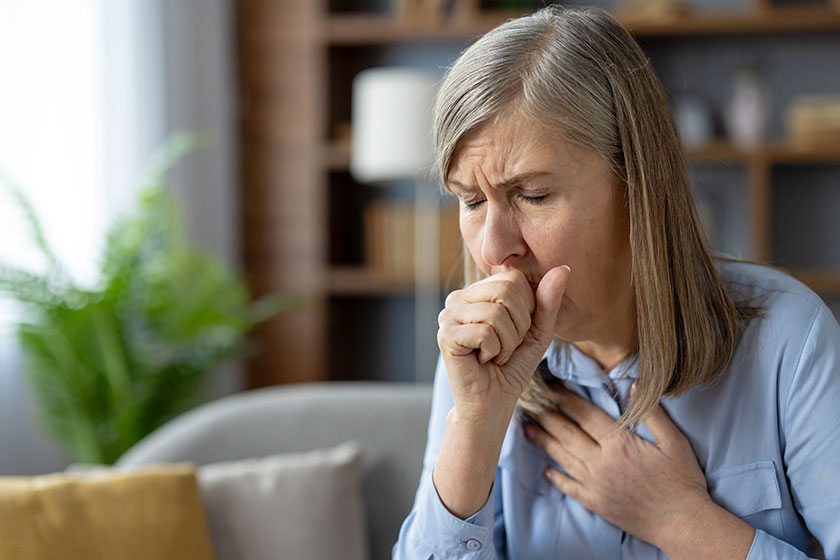Aspiration, the inhalation of foreign objects or substances into the airway, poses a significant risk to elderly individuals, potentially leading to pneumonia and other respiratory complications. Preventing aspiration in elderly individuals requires awareness, vigilance, and proactive measures to reduce the likelihood of incidents.
In this guide, we’ll cover effective strategies for preventing aspiration in elderly individuals, helping to safeguard their health and well-being.
What Is Aspiration?
Aspiration occurs when foreign materials, such as food, liquid, saliva, or vomit, enter the airway and lungs instead of the digestive tract. This can lead to respiratory issues, including aspiration pneumonia, a serious condition that requires prompt medical attention.
Risks of Aspiration in Elderly Individuals
Elderly individuals are particularly vulnerable to aspiration due to age-related changes in swallowing function, reduced mobility, and underlying health conditions such as dysphagia (difficulty swallowing), Parkinson’s disease, or stroke. Additionally, medications that affect saliva production or cognitive impairment can further increase the risk of aspiration in this population.
Tips for Preventing Aspiration in Elderly Individuals
- Modify Food and Drink Consistencies
Adjusting the consistency of food and beverages can help reduce the risk of aspiration in elderly individuals with swallowing difficulties. Consider offering soft or pureed foods, thickened liquids, and easy-to-swallow textures to minimize the risk of choking and aspiration.
- Encourage Proper Posture During Meals
Promoting proper posture during meals is essential for preventing aspiration in elderly individuals. Encourage sitting upright while eating and drinking, with the head slightly tilted forward to facilitate swallowing and reduce the risk of aspiration.
- Monitor Medication Use
Be vigilant about monitoring medication use in elderly individuals, as certain medications can increase the risk of aspiration. Consult with healthcare professionals to review medications and discuss potential side effects or interactions that may impact swallowing function.
- Provide Adequate Supervision During Meals
Ensure that elderly individuals receive adequate supervision during meals, especially if they have difficulty swallowing or are at risk of aspiration. Offer assistance as needed and remain attentive to signs of choking or distress during eating and drinking.
- Implement Swallowing Exercises
Incorporate swallowing exercises into the daily routine of elderly individuals to strengthen swallowing muscles and improve coordination. Work with speech therapists or healthcare professionals to develop a personalized exercise plan tailored to individual needs and abilities.
- Create a Safe Eating Environment
Create a safe eating environment for elderly individuals by minimizing distractions, eliminating potential hazards such as small objects or loose rugs, and ensuring adequate lighting. A clutter-free and well-lit space can help prevent accidents and promote safe swallowing during meals.
Preventing aspiration in elderly individuals requires a multifaceted approach that addresses risk factors, promotes safe eating practices, and provides ongoing support and supervision. By implementing practical strategies such as modifying food consistencies, encouraging proper posture, monitoring medication use, and incorporating swallowing exercises, caregivers can help reduce the risk of aspiration and safeguard the health and well-being of their loved ones. Stay vigilant, proactive, and informed to ensure a safe and comfortable dining experience for elderly individuals.
Explore our Independent Living community, and discover a supportive environment where the well-being of elderly individuals is a top priority. With safety-focused amenities and compassionate care, we provide peace of mind for families seeking a nurturing environment for their loved ones. Take the first step towards a safer, happier future for your loved ones.







